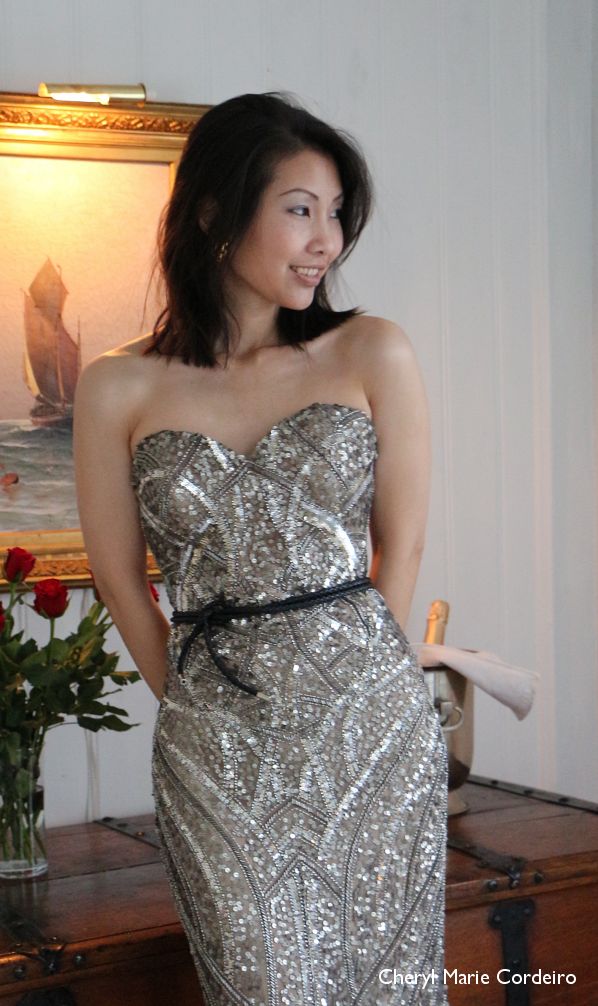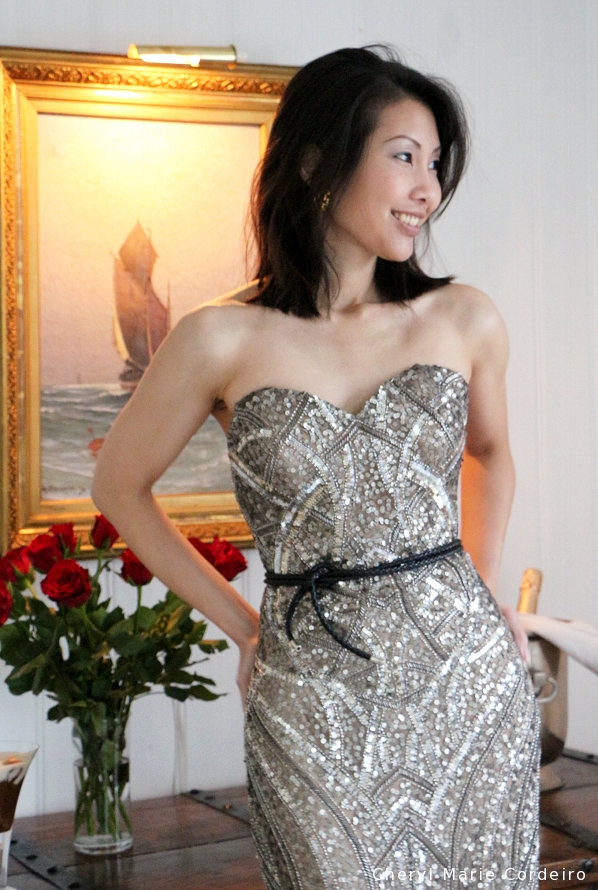In celebration of 40 on Valentine’s Day.
Text & Photo © JE Nilsson, CM Cordeiro, Sweden 2015
I was seated in a tutorial session of a module in Philosophy 101. I had not a clue what the tutor was trying to explain about the Bodhisattva in Mahayana Buddhism, where it came to that one should practice not thinking anything as part of the ten grounds towards Enlightenment. I remember asking, how it is that one could think nothing? At age 9, I asked my parents what Time was. At age 10, they branded me “little Margaret Thatcher”. Would the very act of thinking not nullify nothingness? And according to what was discussed in tutorial, it is through thinking nothing that one comes into the essence of knowing. Every evening for the entire module on Buddhism, I went home and tried to practice not thinking anything. Every evening, I failed.
Span twenty years, a couple of books, and a couple of hundred journal articles forward, if one were to ask me if anything has changed since those tutorial lessons on Buddhism, have I fathomed new knowledge on knowing and on being? My answer is that the more I am, the less I know. If there was anything surprising, painful even, in the journey towards 40 (and now, trajecting beyond) is how there have been considerably many more sessions of unlearning what I thought was, in the process of learning what is, or what seemingly is, for the context of now. In time, I will need to unlearn those too (hence the trajectory of beyond 40 experiences). I am constantly reminded, that we exist in a heartbeat that should in the first place, not exist.
So it was with some comfort that I spent the past few days (partially) immersed in the writings and ideas of individuals who shared their perspective and understanding of integral theory and universal integralism. Where what was once to my mind undesirable paradox in a framework of dualistic logic, with likewise concrete consequences in materiality I found difficult to disentangle, I’ve come to understand today that paradox is in essence, nonduality. Nonduality is manifest just as concretely the globe over, it is only needed to be managed in its complexity, ideally one string at a time.
While I would still fail on the account of the inability to think nothing today, today I sit in realization that by definition, I cannot. And I will need to be alright with that.




Bibliography
Bertalanffy, L. 1968. General Systems Theory.. New York: Braziller.
Coomaraswamy, A. 1943. Hinduism and Buddhism. New York: Philosophical Library.
Lovejoy, A. 1964/1936. The Great Chain of Being. Cambridge, MA: Harvard University Press.
Wilber, K. 1982. Odyssey. Journal of Humanistic Psychology, 22(1).
Wilber, K. 1993. The great chain of being. Journal of Humanistic Pscyhology , 33(3): 52-65.
